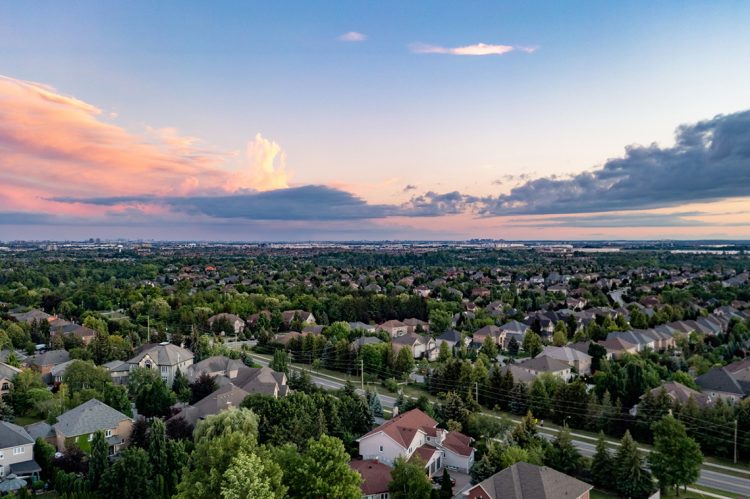While you might think you’ve found your dream home, have you considered everything? There could be some hidden issues that will make your time living in the neighborhood unhappy.
Unless you are very familiar with the area, there could be some unpleasant surprises waiting. But when you are deciding where to live, doing some research into the neighborhood can save you from making a big mistake.
Research if there are any property covenants
If you move into a home only to later find that there are rules that restrict how you use your property, you wouldn’t be happy. But if there are restrictive covenants on the property, you could find your new home isn’t suitable for your needs.
Covenants are rules about the land or the house that state what can and can’t be done by the owner. There could be rules about:
- The height of the fencing
- Number of bedrooms in the home
- The trees that are allowed to be planted
- The pets allowed
- Number and type of vehicles permitted on the property
These rules are attached to the property deed, perhaps by a previous owner or the builder. The restrictions could apply to the subdivision and might mean you cannot use the home in the way you expect.
A real estate attorney will be able to help with the research. They will check the property deed and carefully read the real estate disclosure to make sure there aren’t covenants on the property. And if there are covenants, are they going to be too restrictive?
Like easements, covenants will stick with a property for a very long time and possibly forever.
Research whether there are any sex offenders in the neighborhood
If you have young children, finding out if there is a sex offender in the neighborhood will be something you want to do. While this isn’t something you will want to think about, it should be a consideration when looking for your new home.
With more than three-quarters of a million sex offenders in the United States, you should make sure there are not any in your neighborhood.
Every state has a register of sex offenders that you can search to check your area. You can check for offenders in your city, zip code, and even within a certain radius of your home.
You can also check the offender map on the Family Watchdog website. This will give you the details of the offender and the charges against them, and you can even sign up for notifications for your area.
Research the local crime rate
If you are unfamiliar with a neighborhood, researching the local crime statistics is a must. Everyone wants to feel safe in their home, and when you live in an area with a lot of crime, it won’t be a pleasant experience.
Fortunately, it is very easy to check crime stats, with a few different options for online services that track data and add it to mapping. Websites like SpotCrime.com and CrimeMapping.com allow you to run free checks on neighborhoods you are considering living in.
Research what the rules are when an HOA exists
If your potential new home is within an HOA, you need to find out what rules will need to be followed. If you don’t find this out before making an offer for a home, you could find yourself in a difficult position later on.
Both condos and townhouses will almost always have an HOA.
The HOA will have governing documents which include covenants, conditions, and restrictions, as well as any other regulations the community must abide by.
These rules have been created to maintain the development and the value of the homes within it. While the intention is to create a better community, these rules can seem overly strict.
Rules might include restrictions on the changes you can make to the exterior of the home, when you are allowed to make noise, and the standard of maintenance required. If you don’t stick to these rules, you could face being fined by the HOA.
Make sure you review the HOA rules before you buy the home. Your real estate agent should be able to get the documents for you, or you can contact the HOA directly.
Take the opportunity to find out about any special assessments that are pending, and read the minutes of meetings to understand how well the association is operated.
Final thoughts
Buying a home is a big financial and personal commitment to a neighborhood, so you need to know what you are letting yourself in for. Many things can negatively influence home values.
Though you might not like the idea of doing research, making some relatively simple checks could prevent you from buying a home you will regret.
Bill Gassett is a nationally recognized real estate leader who has been helping people buy and sell MetroWest Massachusetts real estate for the past 35 years.












